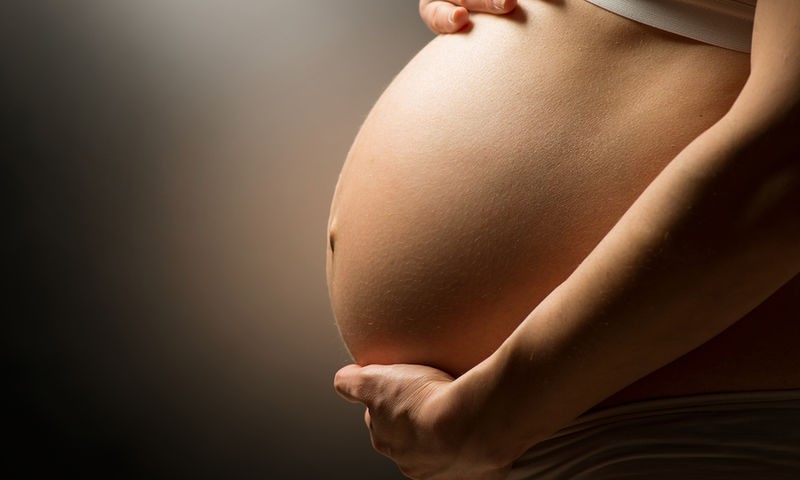Vitamin D: the vitamin of conception and pregnancy

Vitamin D is known for its role in developing and maintaining a healthy immune and musculoskeletal system.
However, recent scientific research has highlighted its effect on fertility as it increases the likelihood of natural conception in infertile couples (http://gerasimosmarinakis.gr/legal-best-productivity.html).
Did you know that vitamin D in men helps correct spermatogenesis and women in regulating the cycle resulting in physical conception?
During pregnancy (http://gerasimosmarinakis.gr/pregnancy.html) its action becomes even more important because its lack can create undesirable problems. Low levels of vitamin D increase the likelihood of preeclampsia, gestational diabetes, premature labor, cesarean delivery, and low birth weight births. The pregnant woman needs to make sure she gets the recommended amounts of vitamin D.
Unfortunately, 40% of the total population does not receive adequate levels of vitamin D, including pregnant women because the sources of vitamin D in the diet are few. The main sources are egg yolk, fortified foods such as cheese, milk, some cereals, margarine and salmon.
Many factors also inhibit the body's ability to absorb vitamin D. These factors include incomplete exposure to sunlight, the use of sunscreens with a very high protection factor, dark skin and obesity. Sun exposure (at least 5-10 minutes, 2 to 3 times a week) can be of great help.
However, during pregnancy, the vitamin D needs are increased and vitamin D supplements can help. The use of vitamin D in pregnancy is safe but always on medical guidance.
The recommended dosage is 400 IU. Of course, pregnant women living in areas with limited sunlight, obese women and women with dark skin should receive at least 1000 IU of vitamin D per day. Even greater should be the dosage in pregnant women diagnosed with vitamin D deficiency.
The way you feed before and during pregnancy affects the health of the newborn and the child later on. Proper nutrition and intake of essential vitamins and trace elements contributes to the proper development of the newborn and to a healthy pregnancy.
For more information, consult the Nutrition Pregnancy Guide (http://gerasimosmarinakis.gr/feeding-pregnancy.html)
Dr Gerasimos Marinakis MD, DFFP, MRCOG, MSc, CCT (UK)
www.gerasimosmarinakis.gr
Email: info@gerasimosmarinakis.gr
